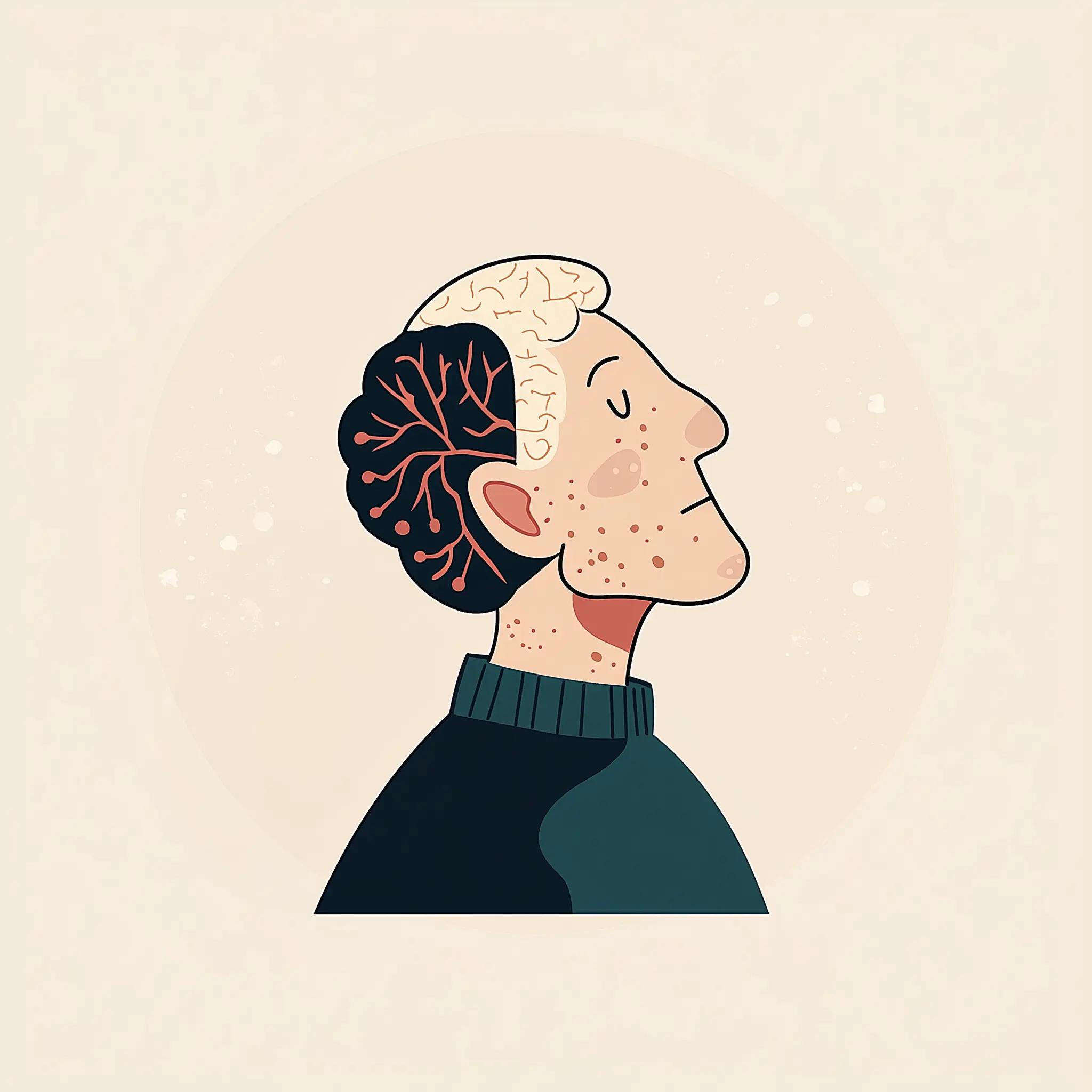
Can MS Begin In The Over Fifties?
- Published on
- Authors
-
- Author
- HP Homecare
-
Understanding Multiple Sclerosis in the Over Fifties
Discovering that multiple sclerosis (MS) can begin in individuals over fifty might come as a surprise to many. Traditionally viewed as a younger person’s condition, late-onset MS shakes common conceptions, introducing unique challenges in diagnosis and management.
Diagnosing MS in Older Adults
Diagnosing MS in someone in their fifties or beyond can be particularly intricate. At this life stage, many symptoms of MS mimic those of other age-related diseases, making misdiagnosis commonplace. For instance, fatigue and cognitive changes in an older individual are often wrongly attributed to general ageing or other medical conditions like stroke or Alzheimer’s disease.
Here are pivotal aspects typically involved in diagnosing MS in older populations:
- MRI Scans: Crucial for seeing lesions on the brain and spinal cord which are indicative of MS.
- Cerebrospinal Fluid Analysis: Helps confirm the presence of oligoclonal bands, a sign of immune activity typical in MS cases.
- Evoked Potentials: Measures the electrical activity of the brain in response to stimuli, helpful in detecting demyelination occurring due to MS.
Symptoms of MS in Older Adults
The symptoms experienced by older individuals may differ somewhat from those seen in younger MS patients. Key symptoms include:
- Motor Control Difficulties: Issues like tremor or unstable walking which may be mistaken for normal ageing.
- Unusual Fatigue: Often severe and more debilitating than in younger people.
- Cognitive Impairment: Problems with memory, speed of thinking, or understanding, which again can be easily dismissed as age-related decline.
Multiple Sclerosis Management in Older Individuals
Managing MS in older adults requires a tailored approach, focused on improving quality of life and managing symptoms effectively:
- Medication: Disease-modifying therapies might be used cautiously, considering potential side effects in the elderly.
- Physical Therapy: Helps maintain mobility and reduce the risk of falls.
- Mental Health Support: Cognitive and emotional evaluation and support, as depression and anxiety are common among older MS patients.
By recognising and addressing the specific needs of older individuals with MS, better outcomes are achievable. Understanding the nuances of this condition in different life stages underscores the importance of tailored healthcare that adapts to the changing demographics of diseases like MS.